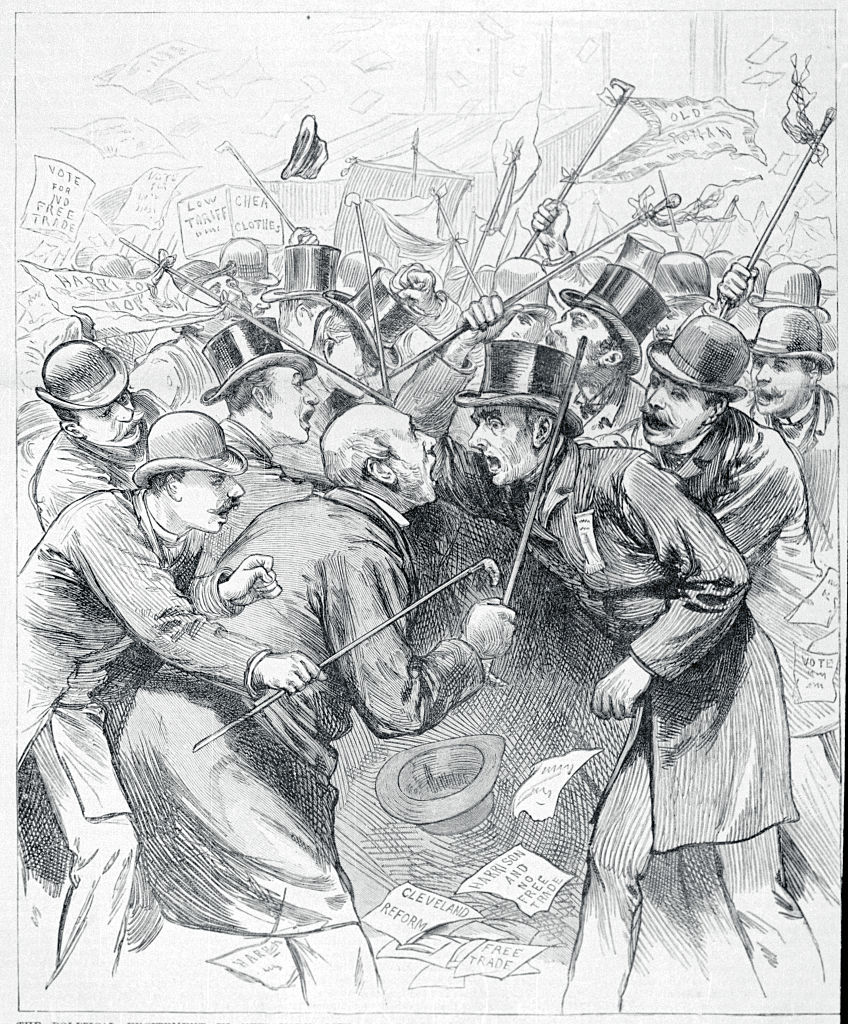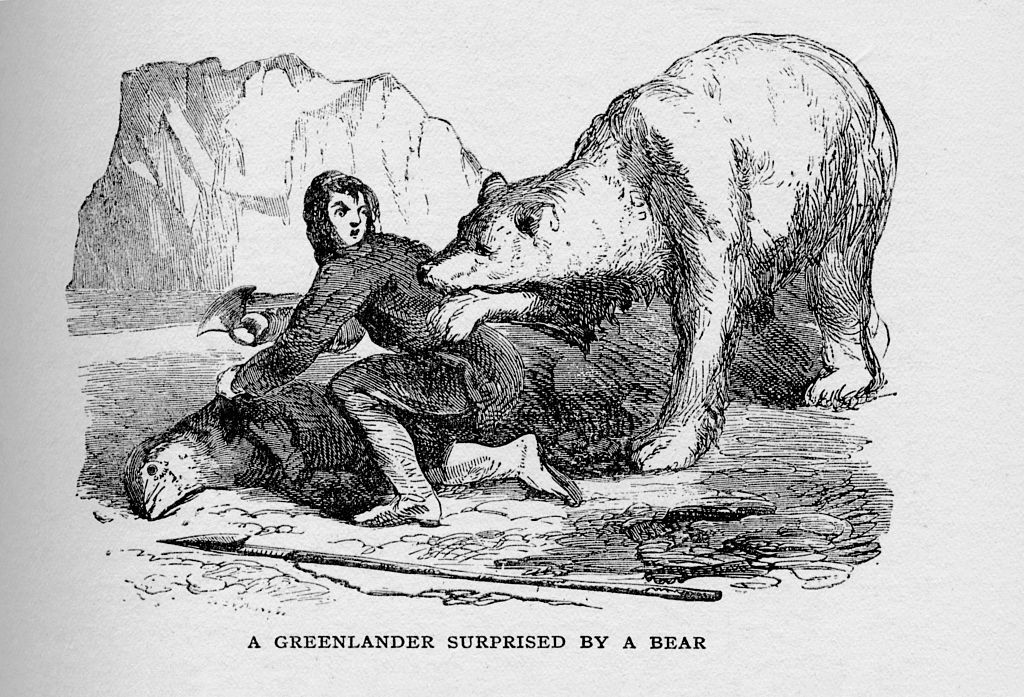Much has been made of the lopsided deal Ursula von der Leyen struck with Donald Trump, which among other things traded zero tariffs on US goods for a 15 per cent tax on EU exports to the US. She and her Commissioner for Trade Maroš Šefčovič plead that this is the best deal possible under demanding circumstances, meaning presumably at the bargaining table with a tough and self-interested American president. This is clearly a new world for EU leaders. An America that was once content to enrich Europe by sucking in her exports with no appreciable barriers now faces a President determined to rectify trade imbalances and make Europe pay for the American security blanket.
As Anthony Constantini points out in these pages, the EU is ill-equipped to negotiate head-to-head with actual national states headed by powerful executives. An odd, quasi-federal trade bloc cannot couple its mercantile interests with its security needs because security remains the jealously guarded domain of its member states. This rickety structure could thrive as an adjunct to NATO during the Cold War, but has failed to evolve to meet the challenges presented by the end of the Long European Peace in 2014. The eurozone remains unsupported by taxing authority over the €16 trillion eurozone economy. The common Schengen border recedes into fond memory as member states renew their emergency border controls. EU banks rely on national deposit insurance alone, which is adequate in Germany or the Netherlands, but invites economic disaster in Italy. And of course a true common foreign and security policy is a distant aspiration brought no closer by the harangues of Kaja Kallas.
The EU may demand the world treat its ambassadors as representatives of a sovereign state, but it is clear that Presidents Trump, Xi and Putin do not regard it as such in any practical sense. Beyond its structural shortcomings, the EU suffers from both an obsolete world view and the sort of leaders promoted to advance it. In a world governed by international institutions that subsume the traditional powers of nations under their rules and regulations, the EU would thrive. Its leaders are adept at smoothing over stark differences with awkward compromises, and punting difficult issues deep into the tall grass for years at a time. Both skills serve the core competency of international institutions: Not resolving disputes with any finality, but creating the need for future meetings, ideally in the better class of national capitals.
Yet this new world aborning is not a congenial place for international institutions. The World Trade Organisation is defunct, the Paris Agreement is little more than a talk shop for jet-setting NGO heads, and the United Nations is as ever incapable of ending any military conflict. That old monster the nation state has come roaring back and has shouldered aside the genteel ministrations of the post-national elites. Trump, Putin, and Xi defend and pursue their national interests with a relentless vigour largely supported by their constituents. As much as Europe loathes the American President, it should be grateful he confines his competition with the EU to trade rather than the more blunt instruments of coercion recently endured by the mullahs in Tehran.
An organisation premised on the promise of liberal institutionalism stands revealed as Bambi in the dark woods once those institutions lose their capacity to govern the affairs of sovereign states. Compounding this weakness are the leaders promoted to lead the EU. Ursula von der Leyen was a Brussels nepo baby and a mediocre defence minister prior to her elevation as Commission President based largely on her ability to charm Emmanuel Macron in fluent French. Perhaps an upgrade from the monoglot Donald Tusk, but a resume falling well short of the need to deal on an equal basis with presidents of actual states. Vladimir Putin is a proud Chekist brute, schooled in the arts of deception and violence. Xi Jinping rose through the Game of Thrones world that is the senior leadership of the Chinese Communist Party. Donald Trump succeeded in the cutthroat world of Manhattan real estate development, which resembles Mafia warfare without the concrete overshoes. Putin miscalculated on Europe’s need for Russian gas, but the deindustrialisation of the continent proceeds apace in the absence of low-priced energy alternatives. American and Qatar LNG can seek higher prices by turning tankers around mid-ocean and will never provide European industry with the cheap fossil fuels once piped reliably from Siberia. Xi and Trump see European and particularly German dependence on their markets, and dismiss their demands for equal treatment accordingly. Xi is determined to flood the EU with the excess production of Chinese industry, and based on the outcome of last week’s summit in Beijing, has little to fear from EU retaliation. Thirty Volkswagen plants in China and a near monopoly on rare earth minerals constitute useful hostages to ensure EU accommodation.
A world governed by international institutions, run by elites committed to post-nationalism may have seemed plausible thirty years ago, but is now little more than a vanished fantasy indulged in the Brussels bubble and Washington think tanks. Unless the EU can adapt, either by claiming true sovereignty from its constituent members, or returning it to them and reverting to a useful and durable common market, the humiliations endured by its Commission President in the past weeks will become the rule rather than a painful exception.





Dollars and the old clerical flaws: does Leo XIV have questions to answer?